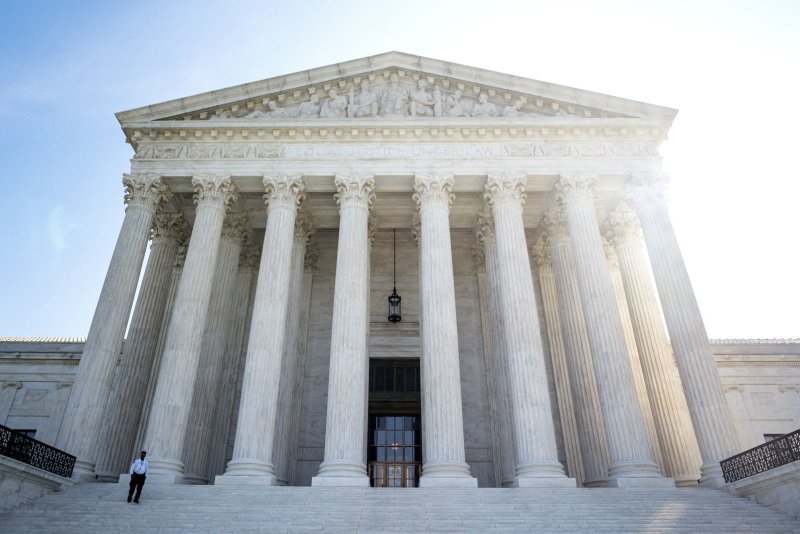Hospitals had complained that the 2013 change cut down Medicare payments. File Photo by Kevin Dietsch/UPI |
License Photo
June 3 (UPI) -- The U.S. Supreme Court ruled Monday a change by the Obama administration about how Medicare reimbursements are made to hospitals should be reversed because the government didn't follow proper procedure.
The justices ruled 7-1, with the court's newest judge Brett Kavanaugh, abstaining. The decision said the Department of Health and Human Services in 2013 should've allowed a notice-and-comment period before the rule change, but didn't.
Hospitals had complained the change cut down Medicare payments for low-income patients because it changed the formula.
The department had posted the change on its website, but the court ruled that did not meet formal notice requirements. The government had argued the change wasn't "substantial," and therefore didn't require the notice-and-comment process.
"Because the government has not identified a lawful excuse for neglecting its statutory notice-and-comment obligations, its policy must be vacated," the court decision said.
The judges said the government's reading of the Medicare Act in the case was "ambiguous at best."
"The government also advances a policy argument: Requiring notice and comment for Medicare interpretive rules would be excessively burdensome," the opinion said. "But courts are not free to rewrite clear statutes under the banner of their own policy concerns, and the government's argument carries little force even on its own terms."
The lone dissenting justice, Stephen Breyer, agreed with the government's interpretation.
"I believe the government is right," he wrote. "I would remand this case to the Court of Appeals to consider whether the agency determination at issue, in this case, is a substantive rule or an interpretive rule."















